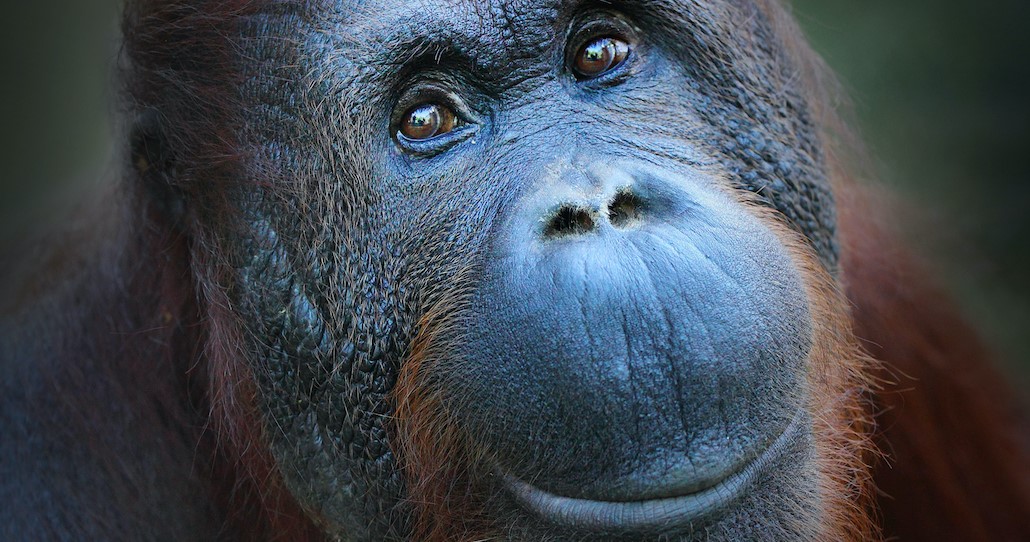
Image source: https://www.shutterstock.com/image-photo/happy-smile-bornean-orangutan-pongo-pygmaeus-148806170
How can we compare theories of 'intelligence', and how might such comparisons inform discussions of Artificial Intelligence?
This interdisciplinary research project in philosophy, cognitive science, psychology, and computer science continues to examine the ambitions of researchers in artificial intelligence to replicate and improve on human intelligence. With colleagues in Europe, we have established an international, interdisciplinary working group which meets monthly to define and compare three forms of intelligence which are often conflated in AI debates. Our preliminary consensus is that in the natural world, intelligence is not unique to humans but is demonstrably present in other animals, and possibly also in plants as well. Secondly, we agree that there is a specific difference in human intelligence which is responsible for self-consciousness and ethical deliberation. And finally, we agree that if a machine is to be held to have improved on human intelligence it would have to also possess the capacity for self-consciousness and ethical deliberation.
Additional Researchers outside the Faculty of Humanities and Social Sciences
- Greg F. Naterer, Professor of Engineering and Dean of the Faculty of Engineering at Memorial
https://www.mun.ca/engineering/about/people/gregfnaterer.php - Uwe Voigt, Chair of Analytical Philosophy at the University of Augsburg (lehrstuhlinhaber)
https://www.uni-augsburg.de/de/fakultaet/philsoz/fakultat/analytische-philosophie/team/uwe-voigt/ - Sebastien Rosengrün, CODE University in Berlin (specialist on AI)